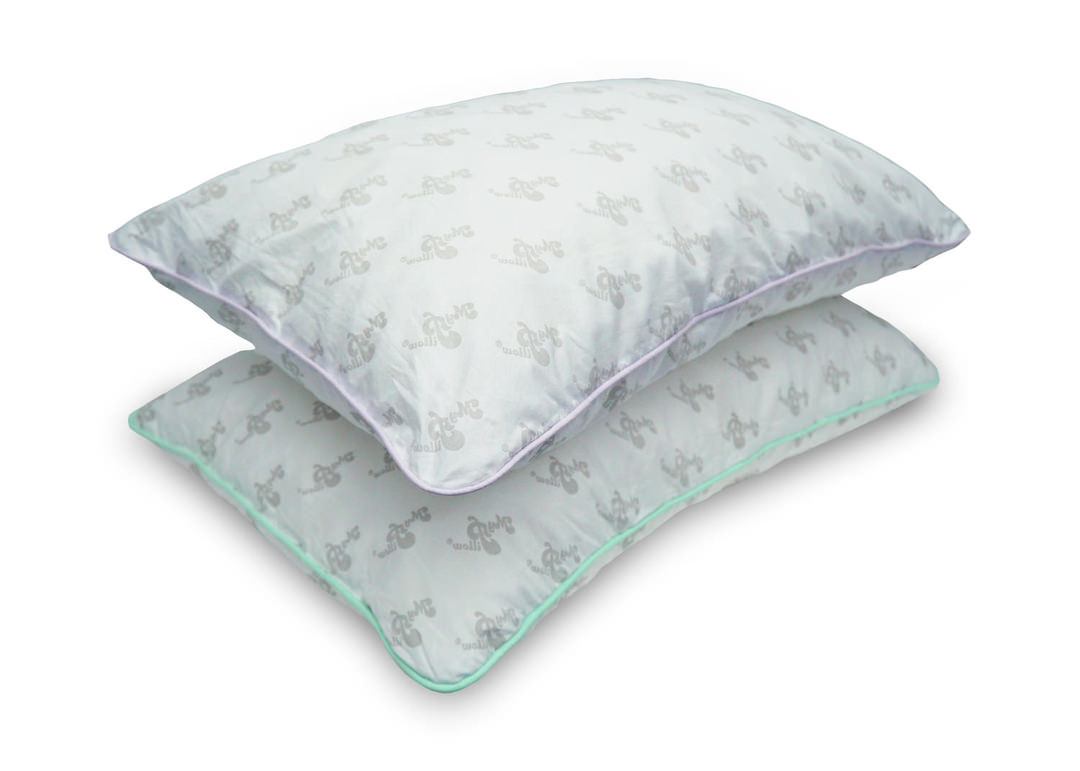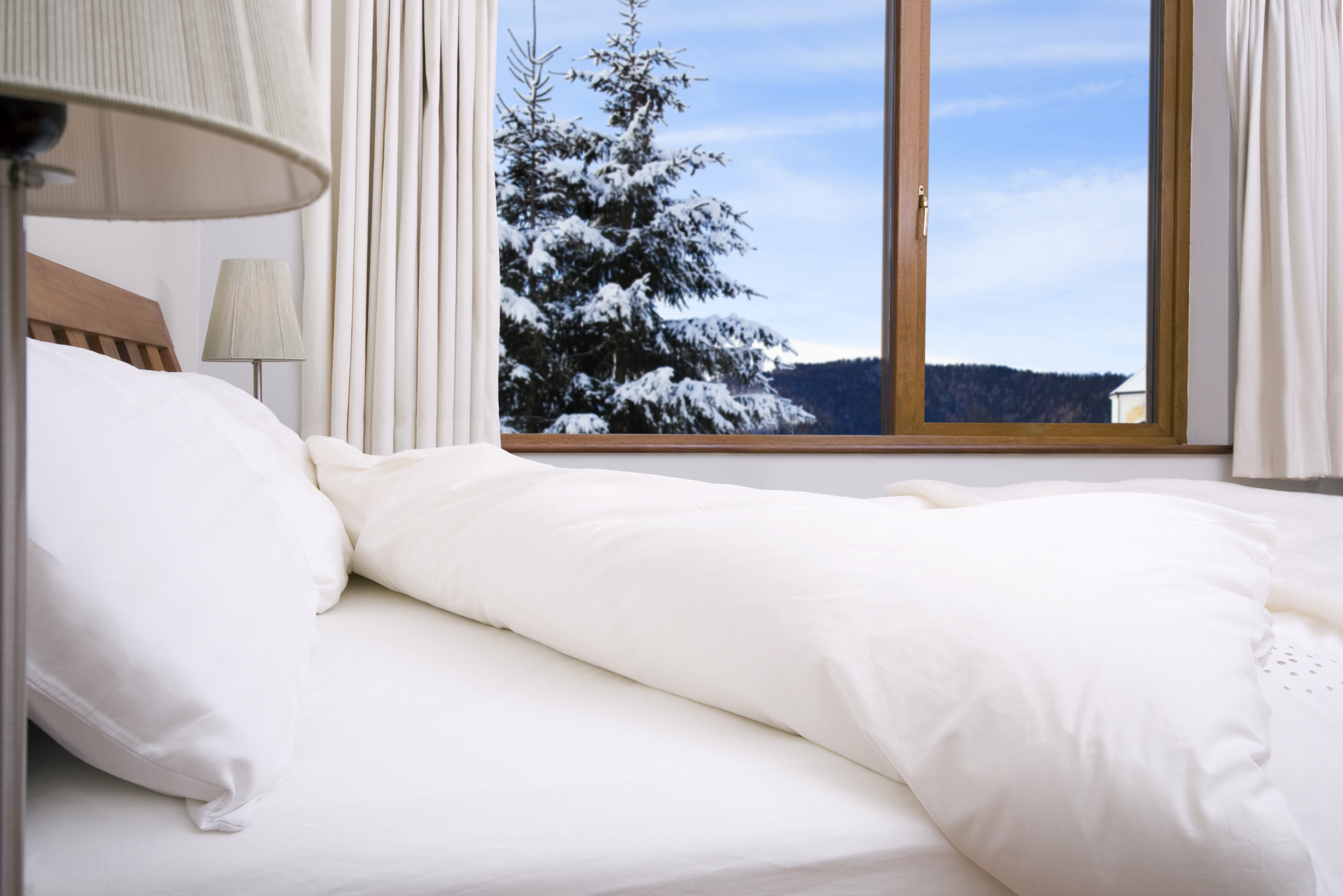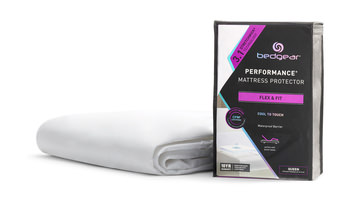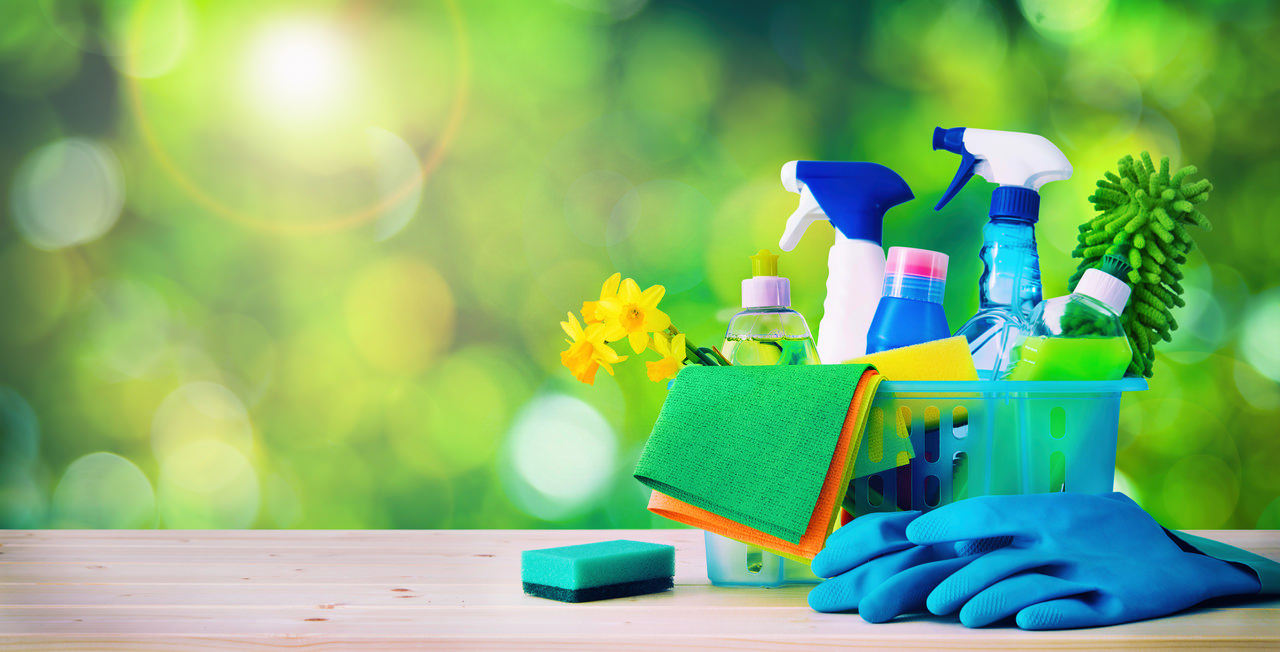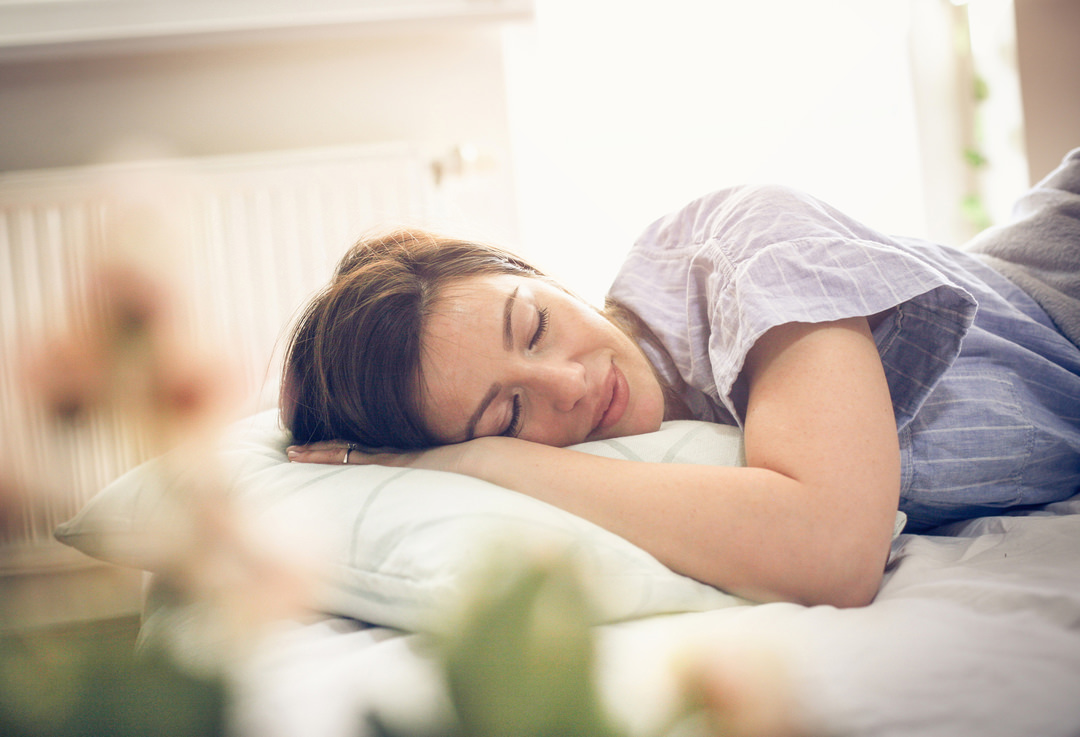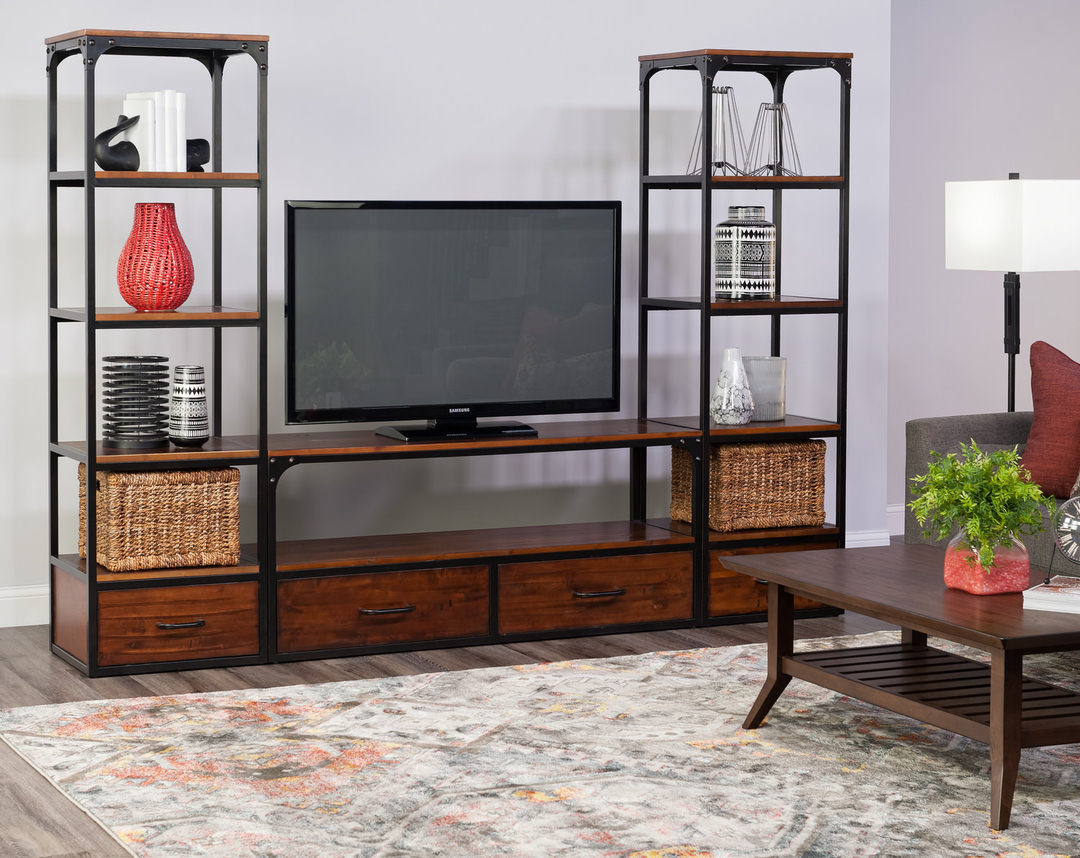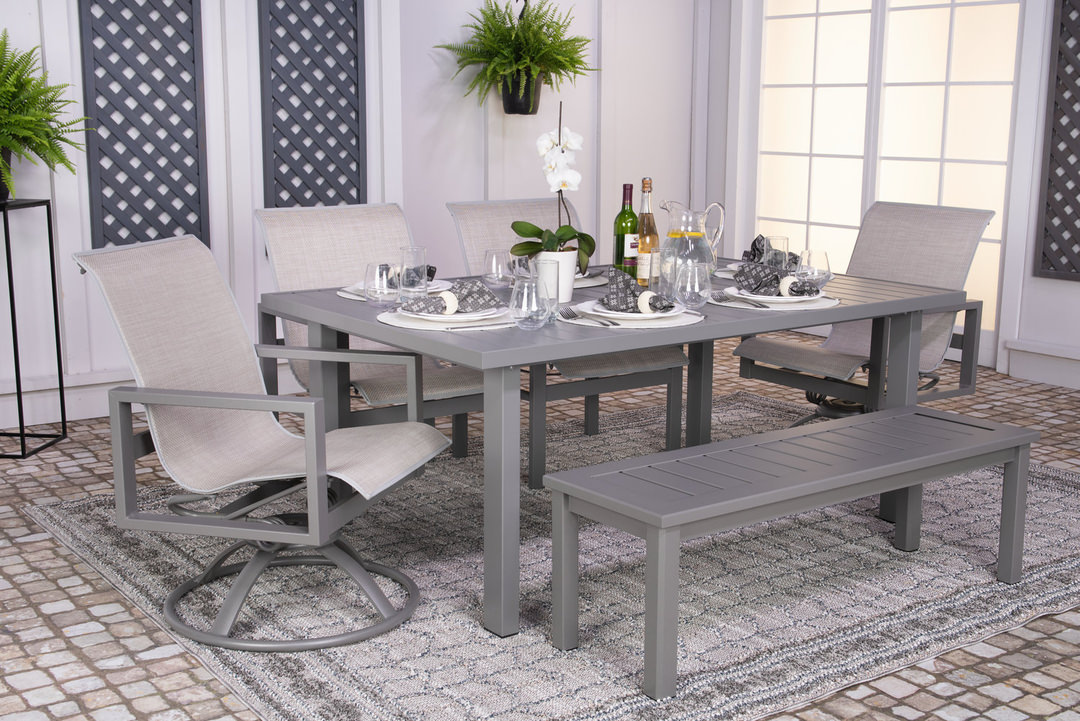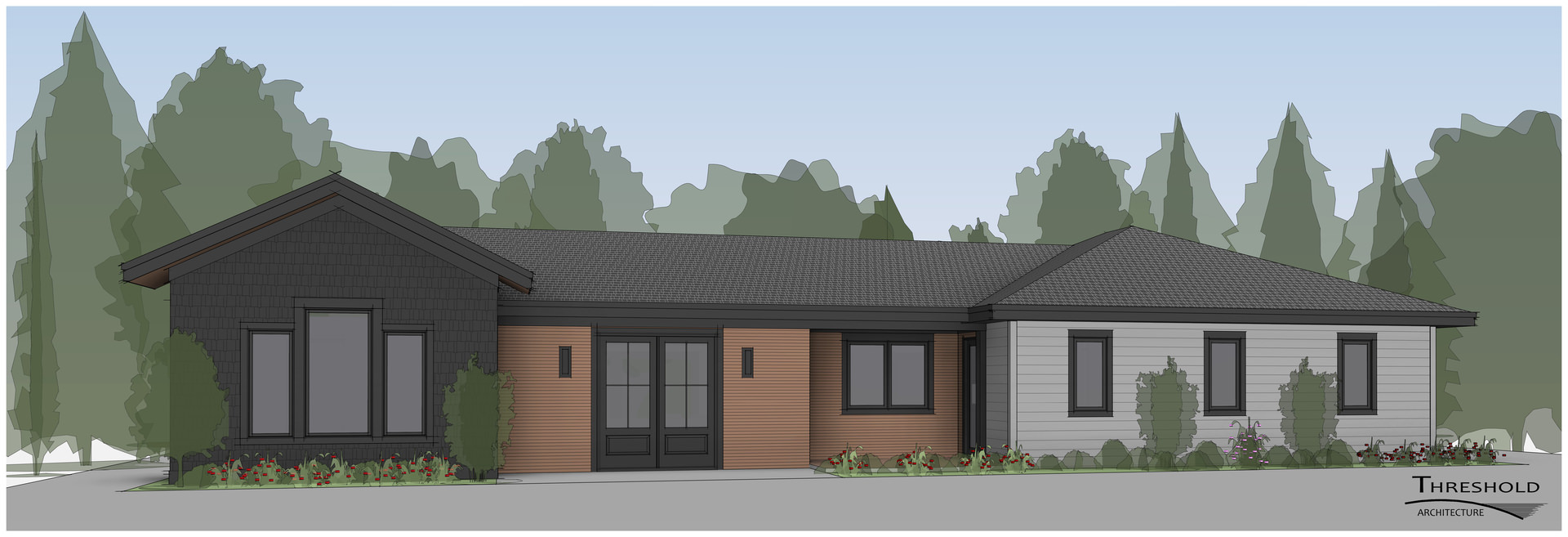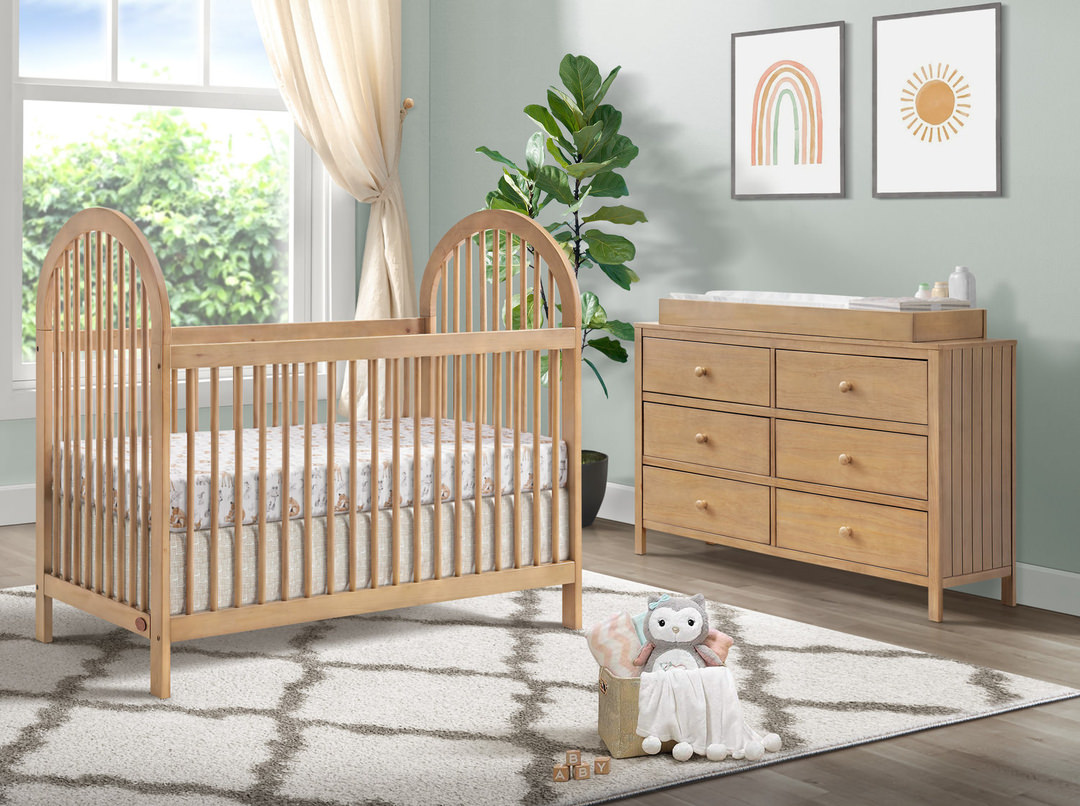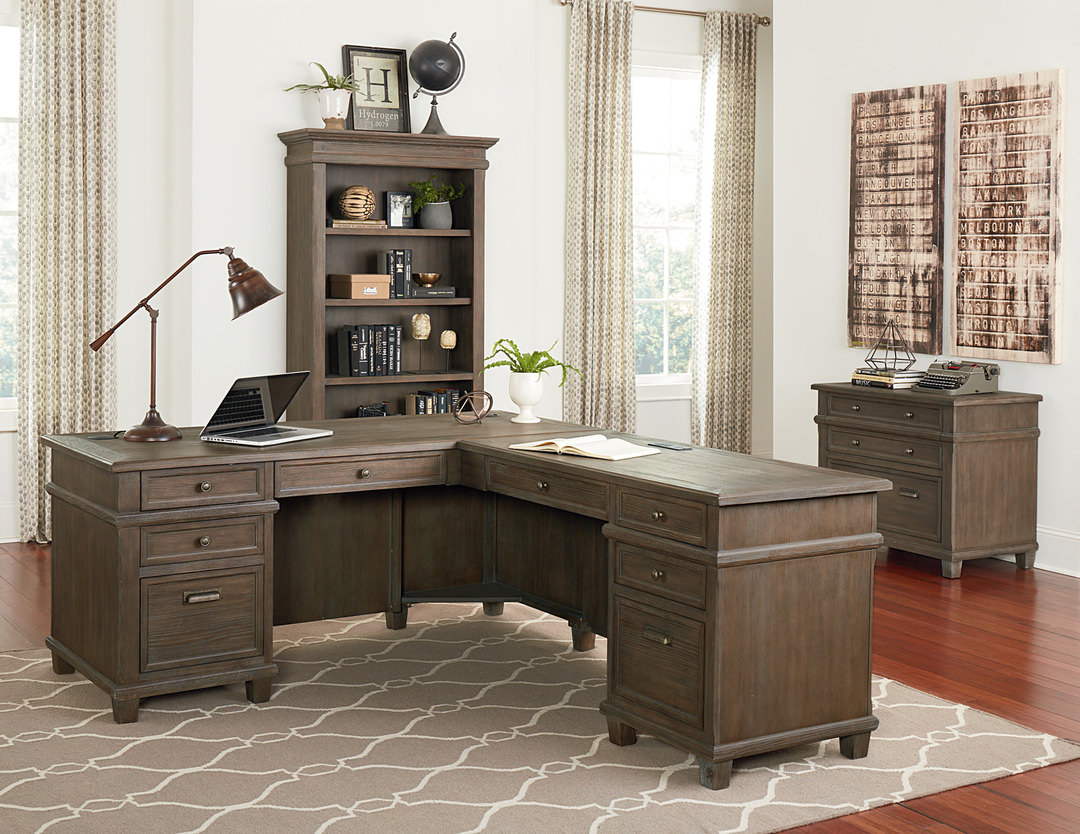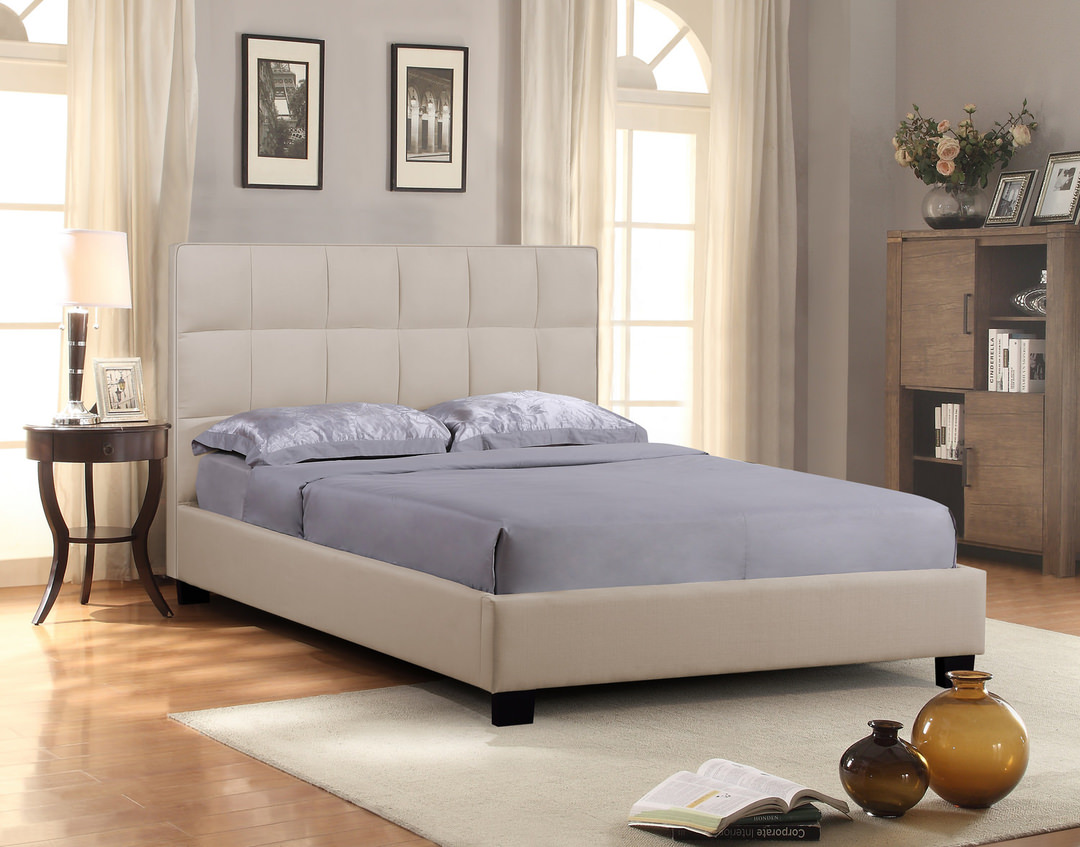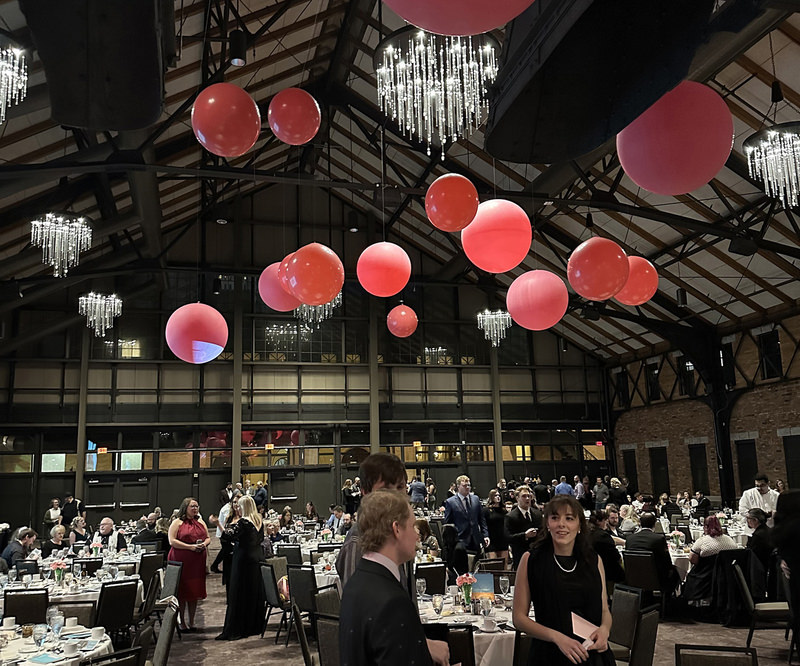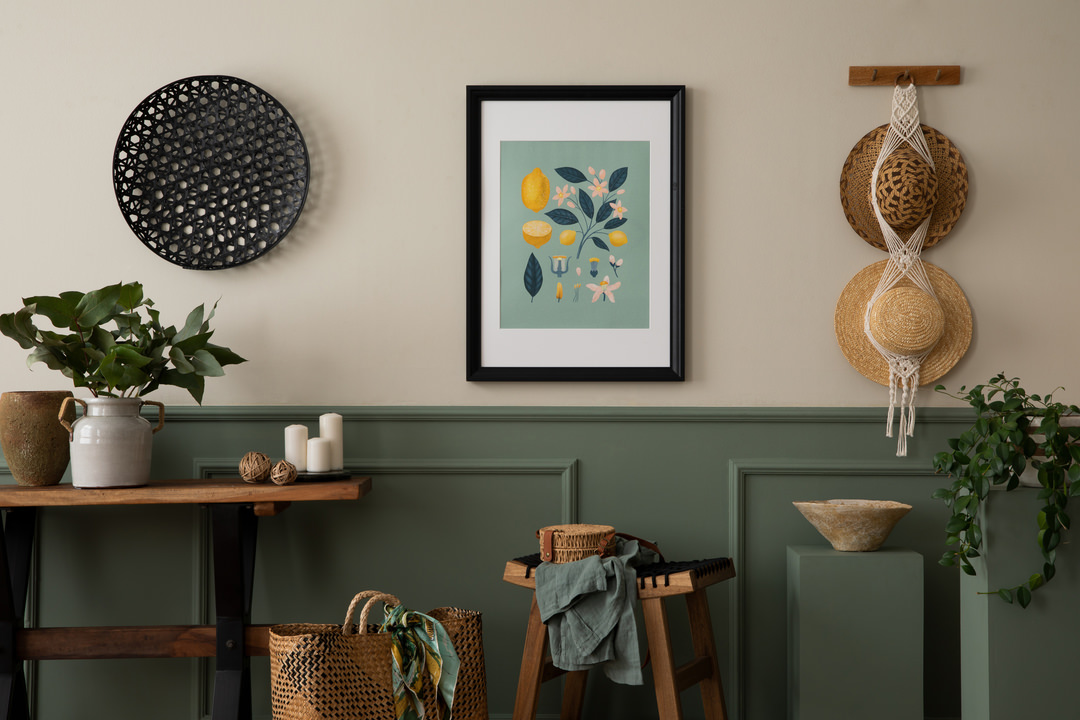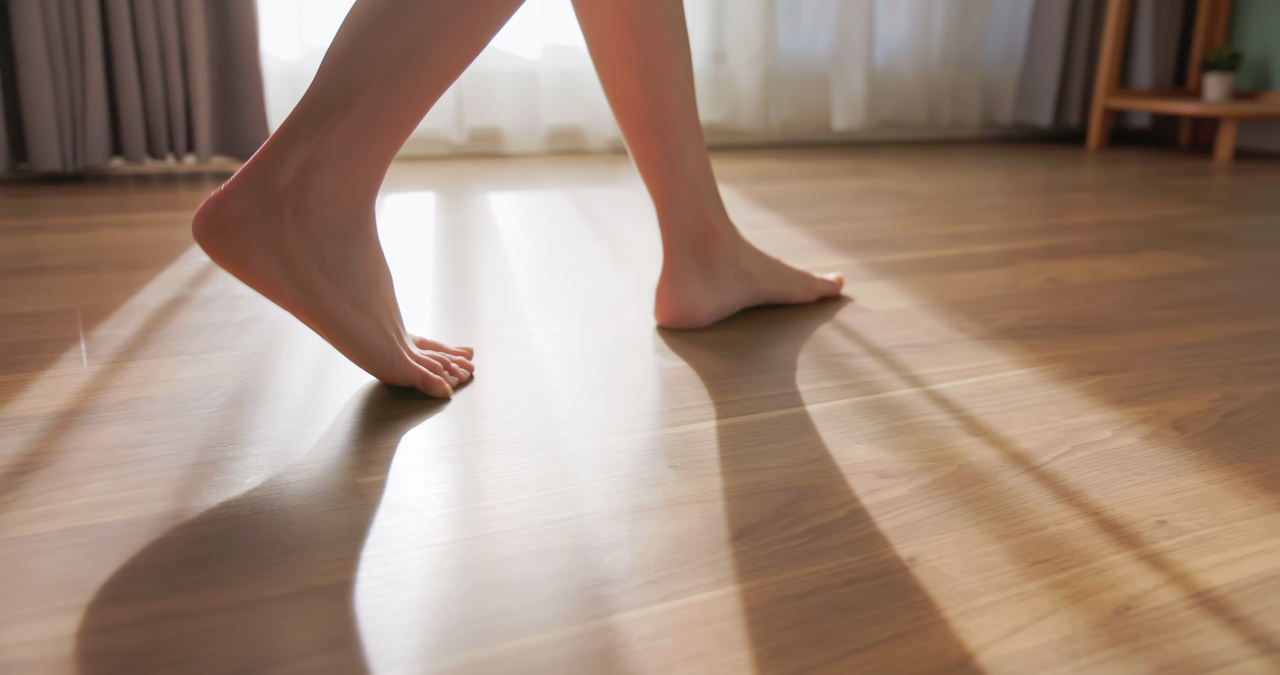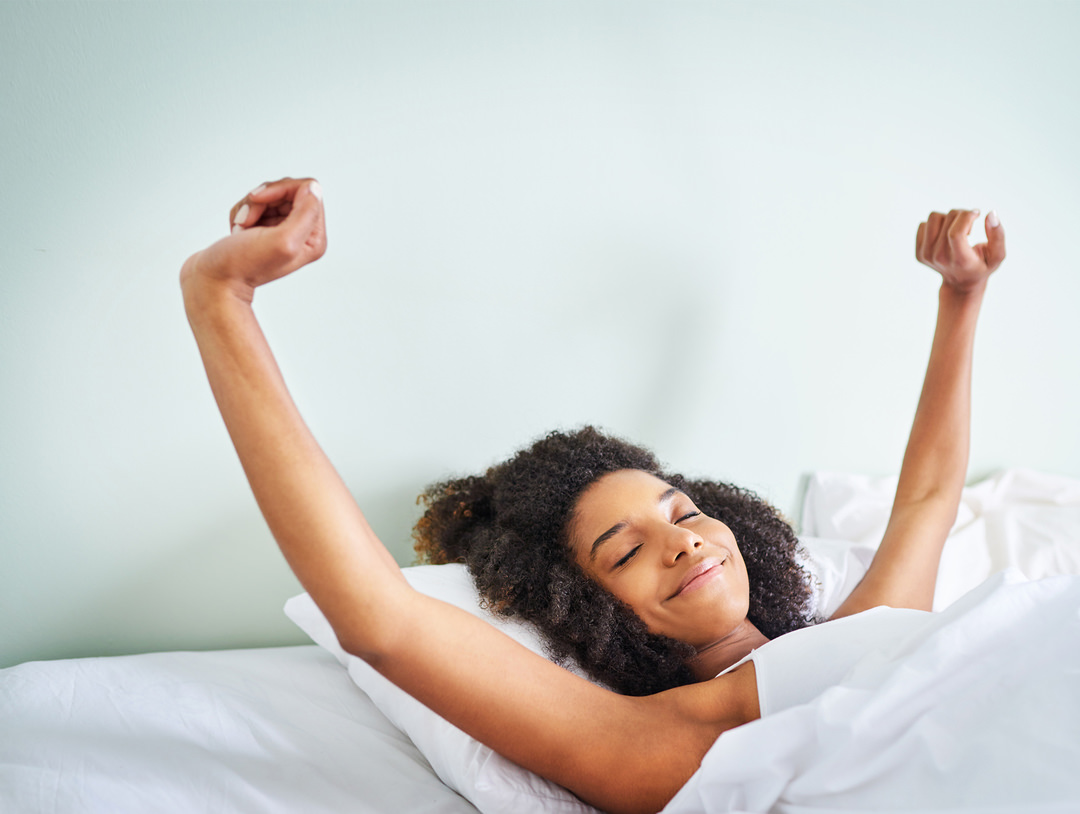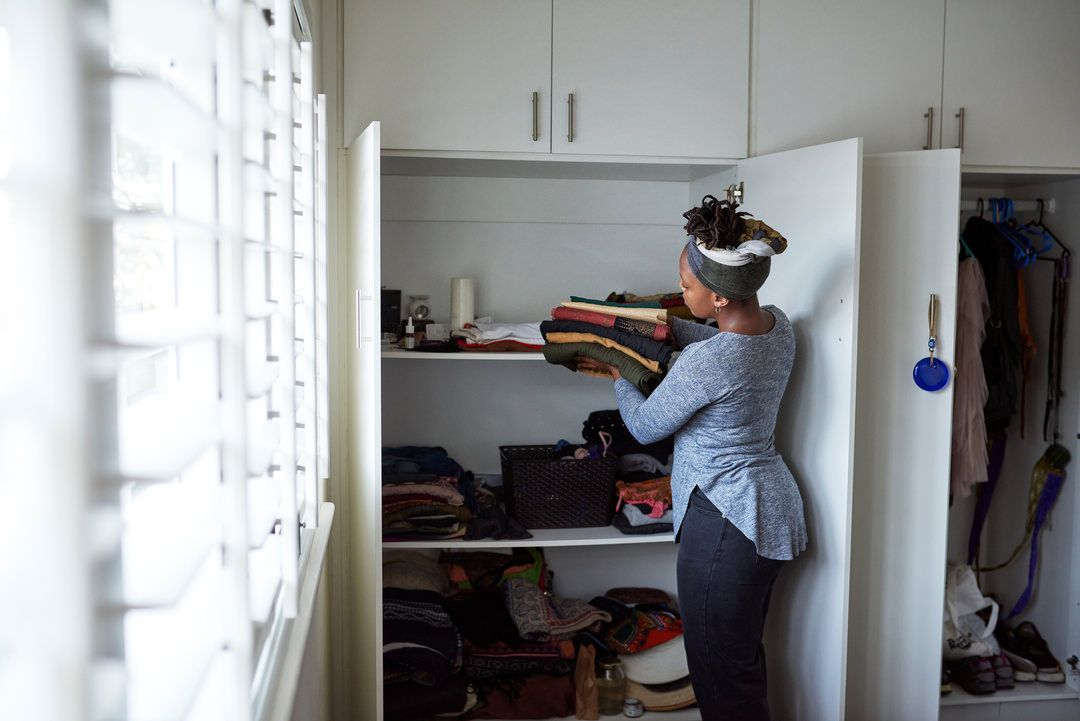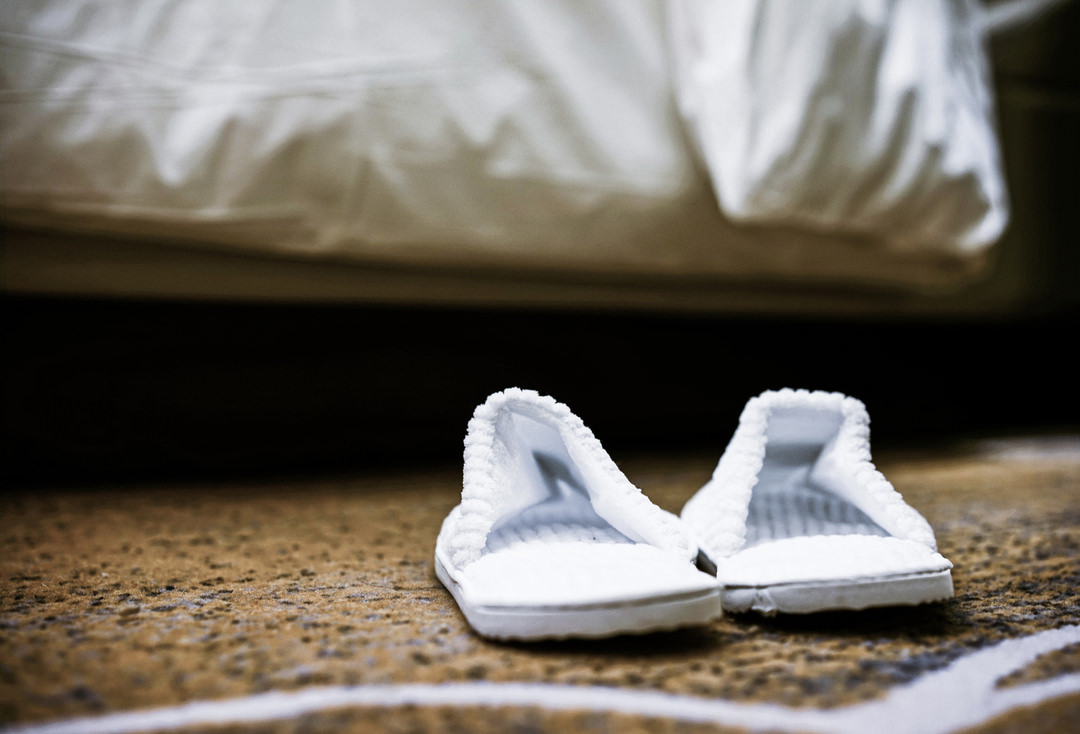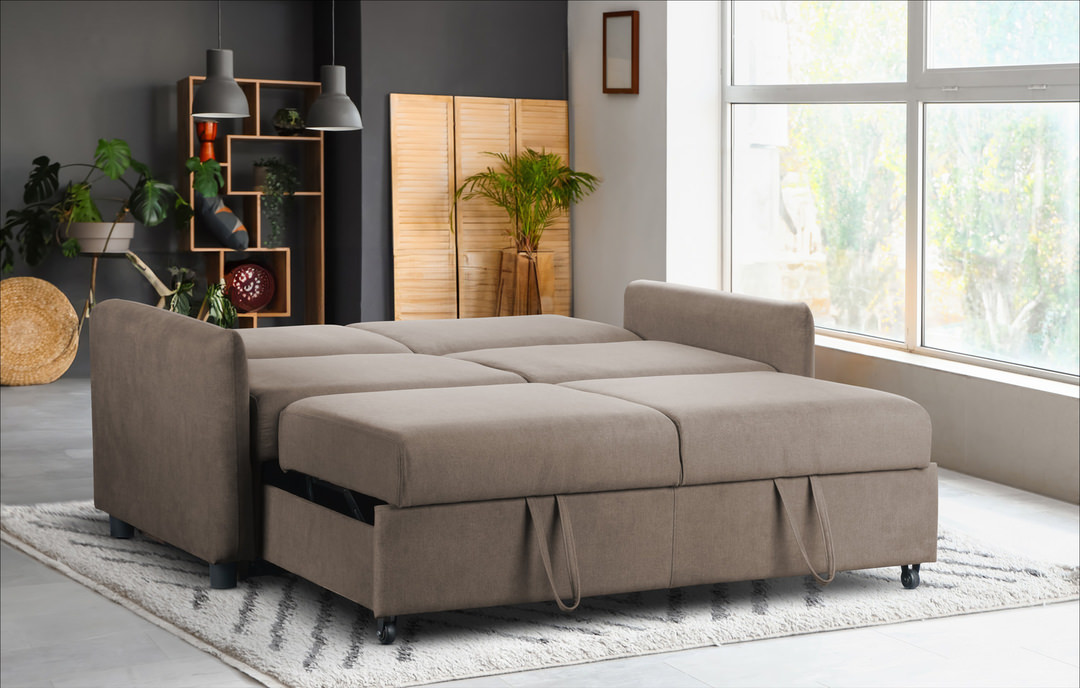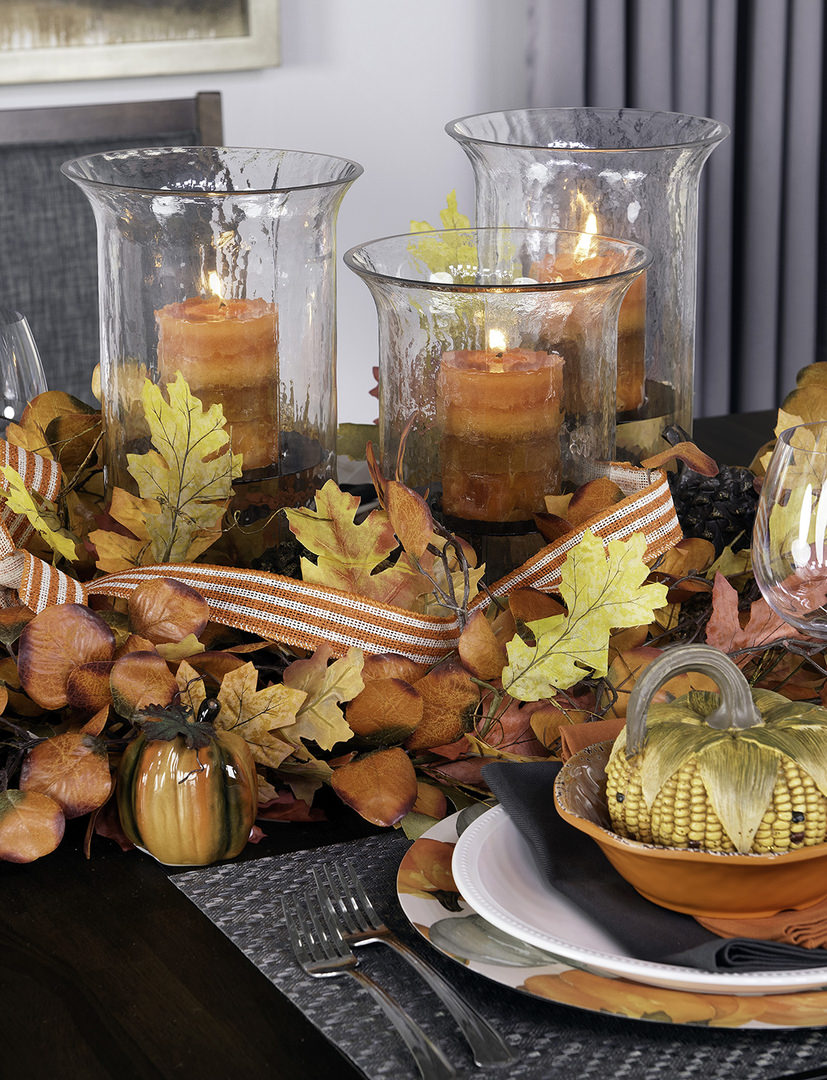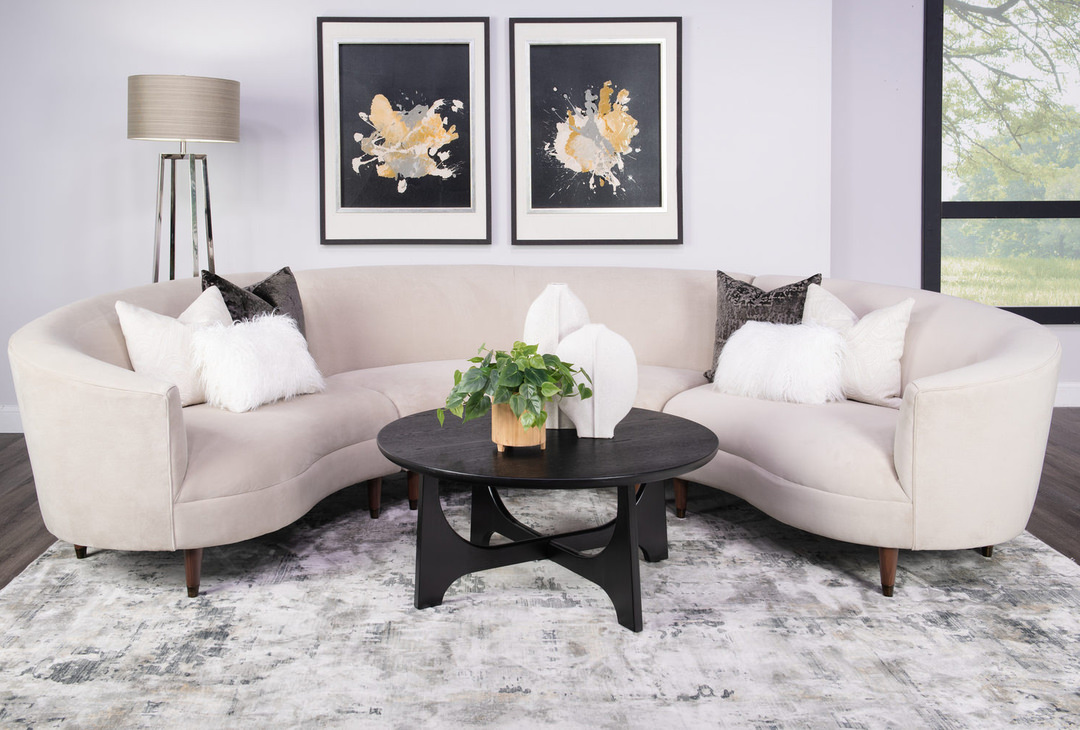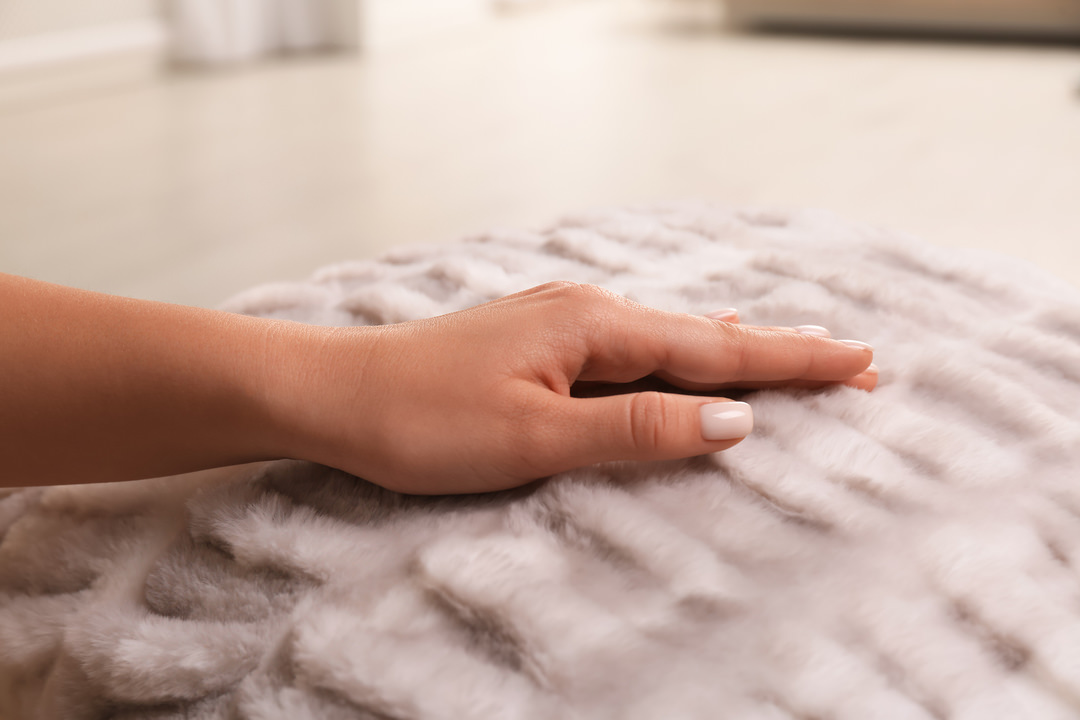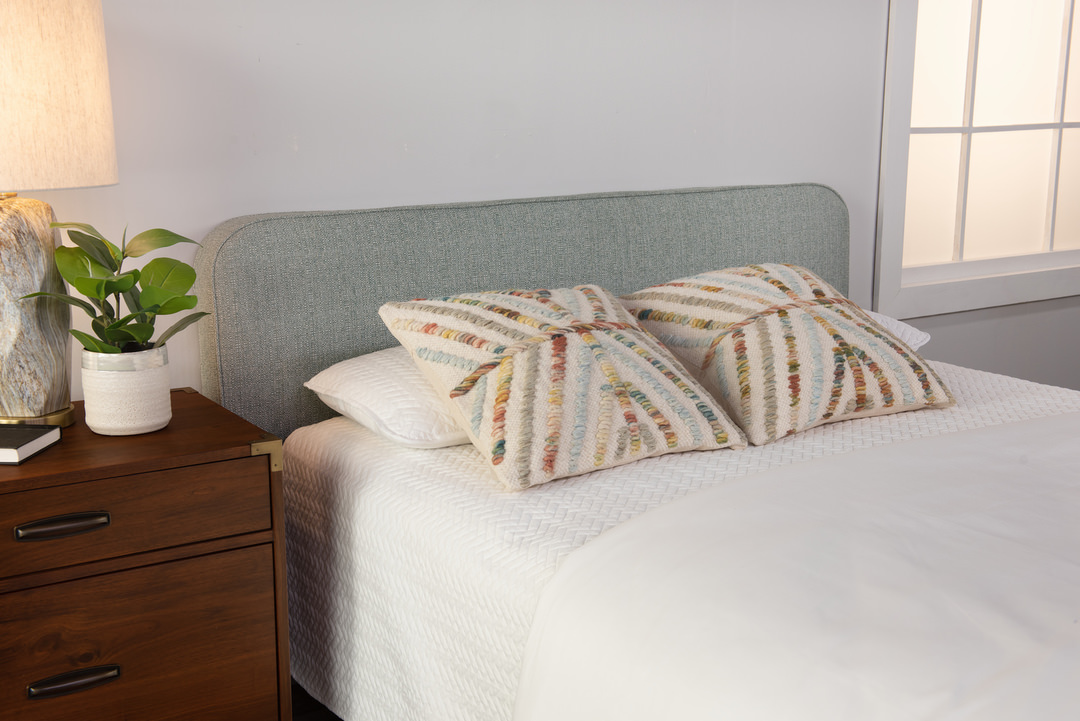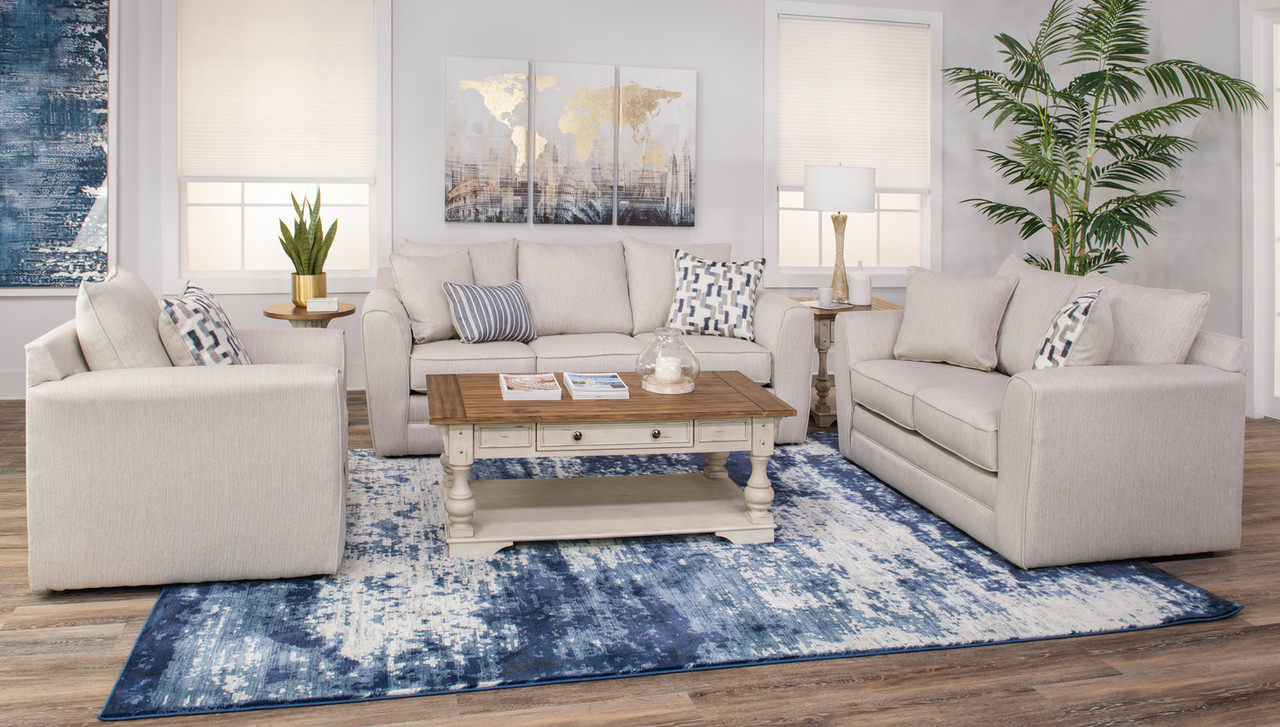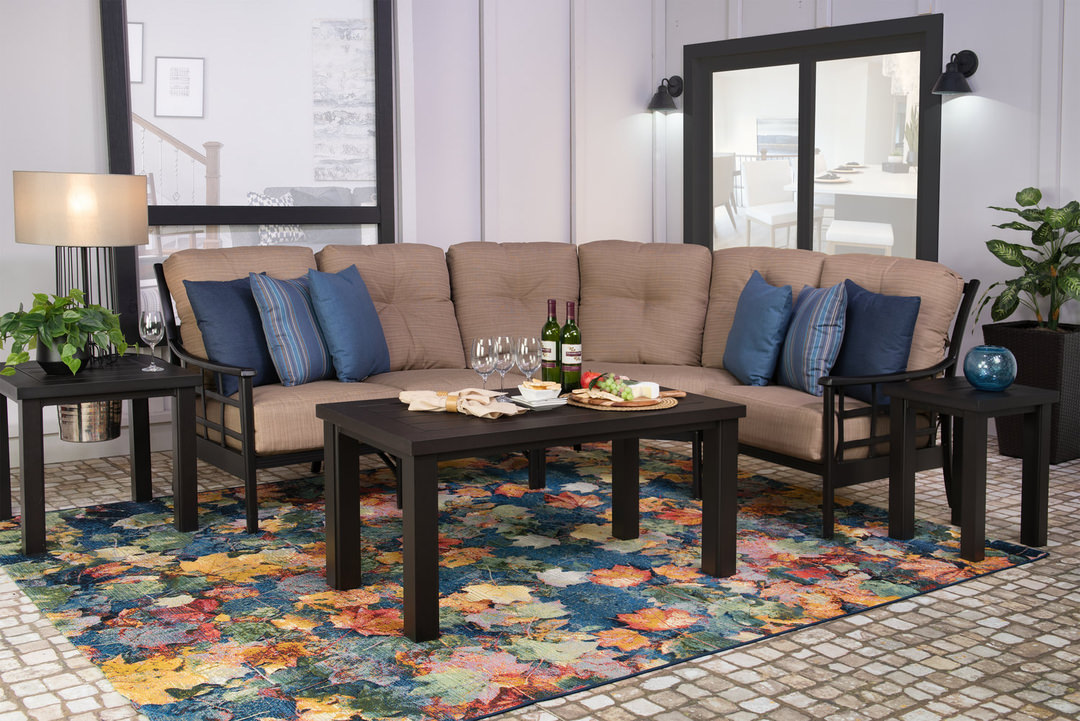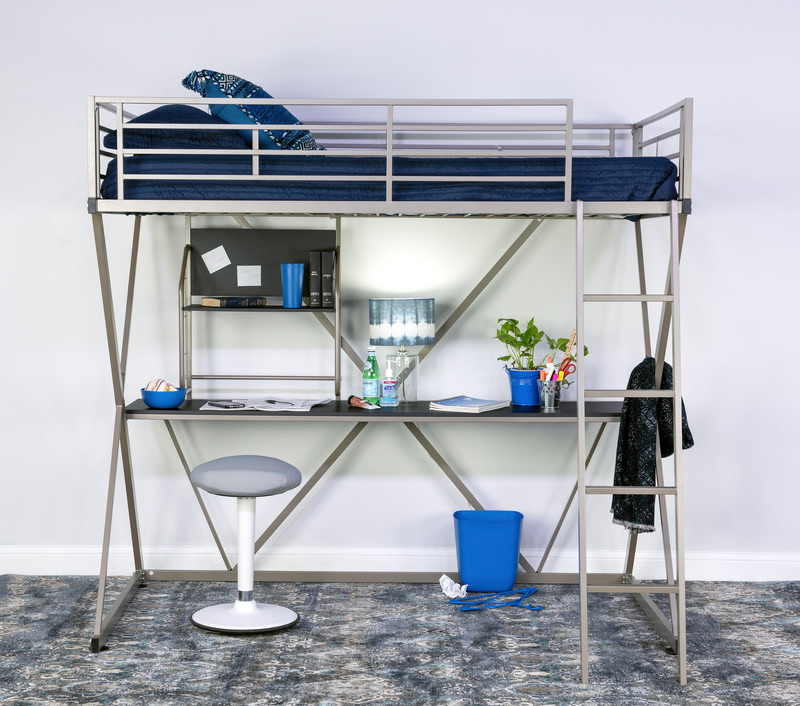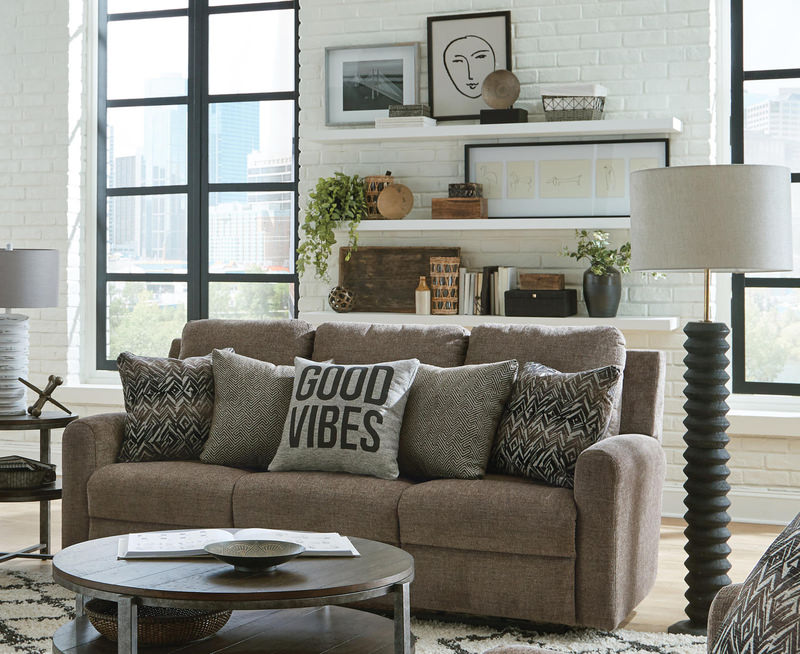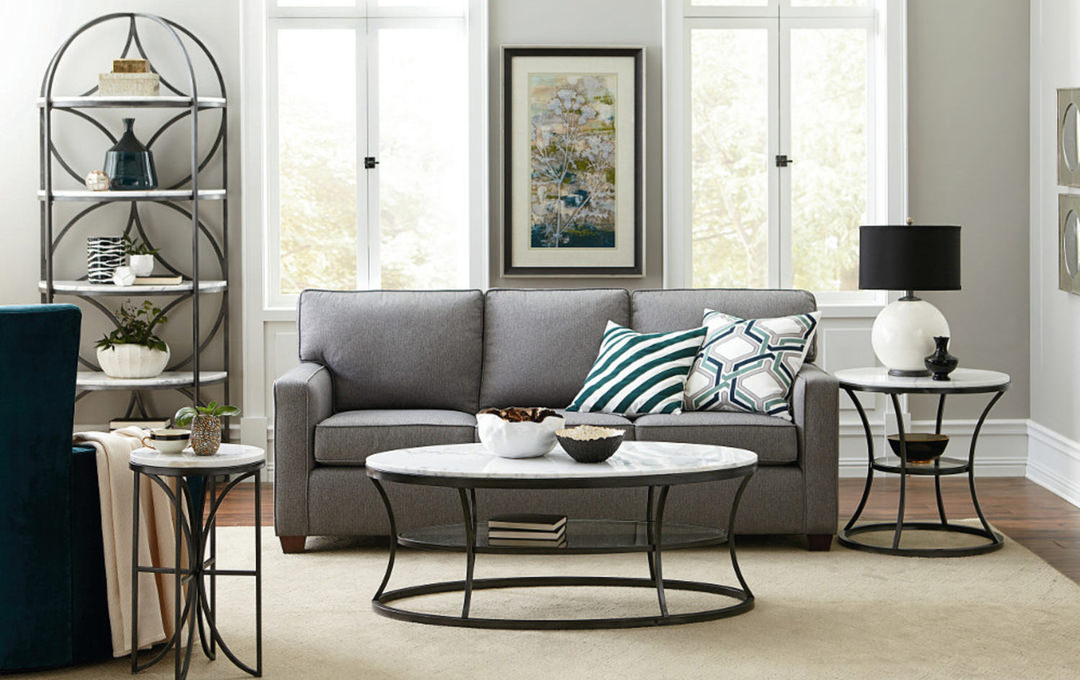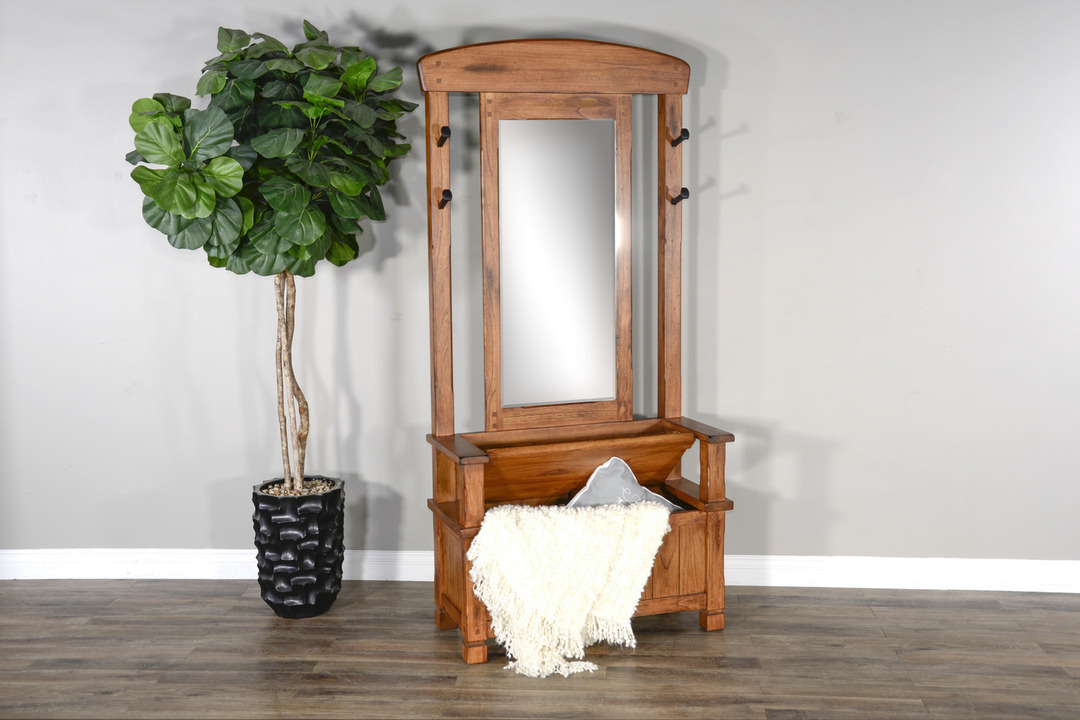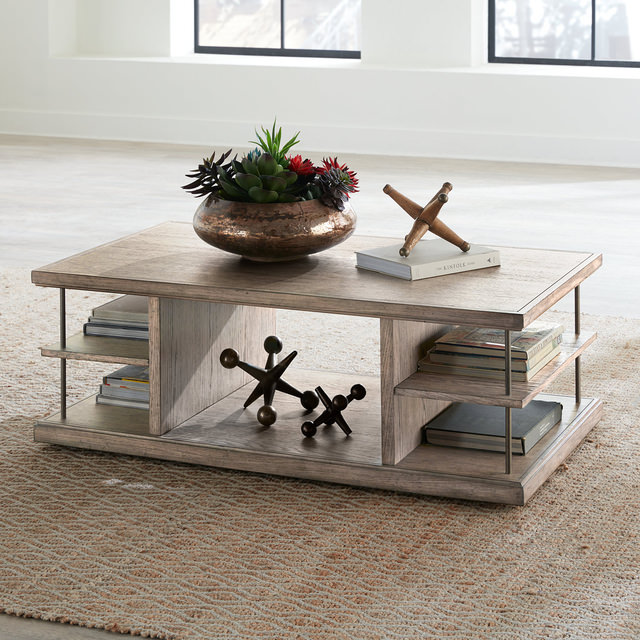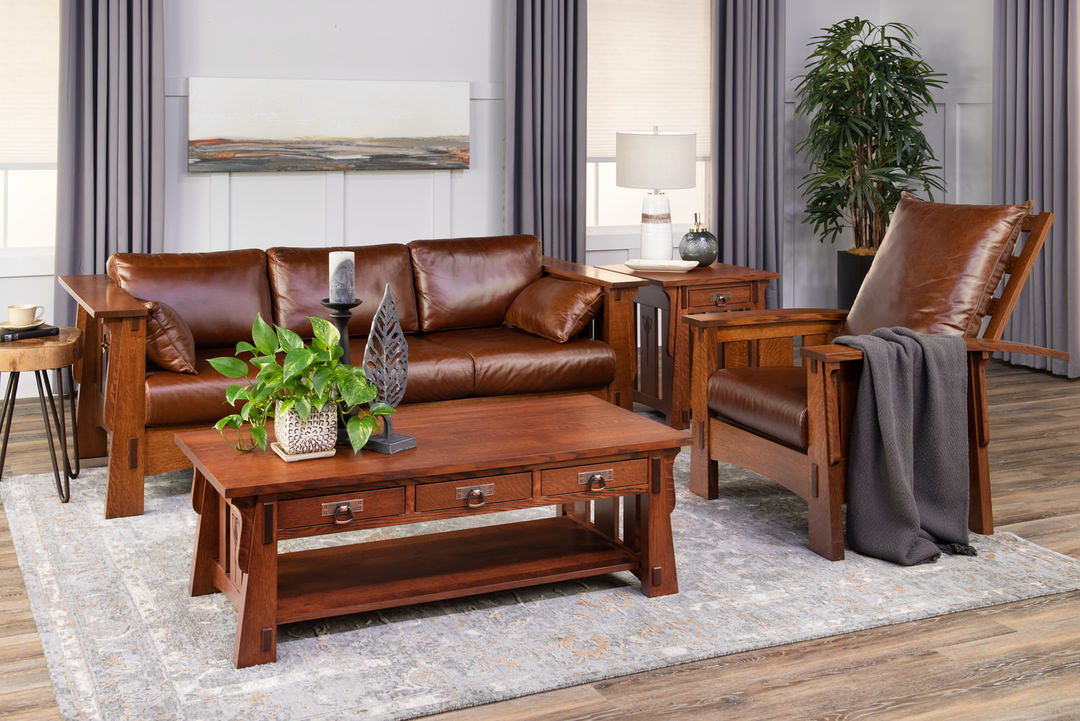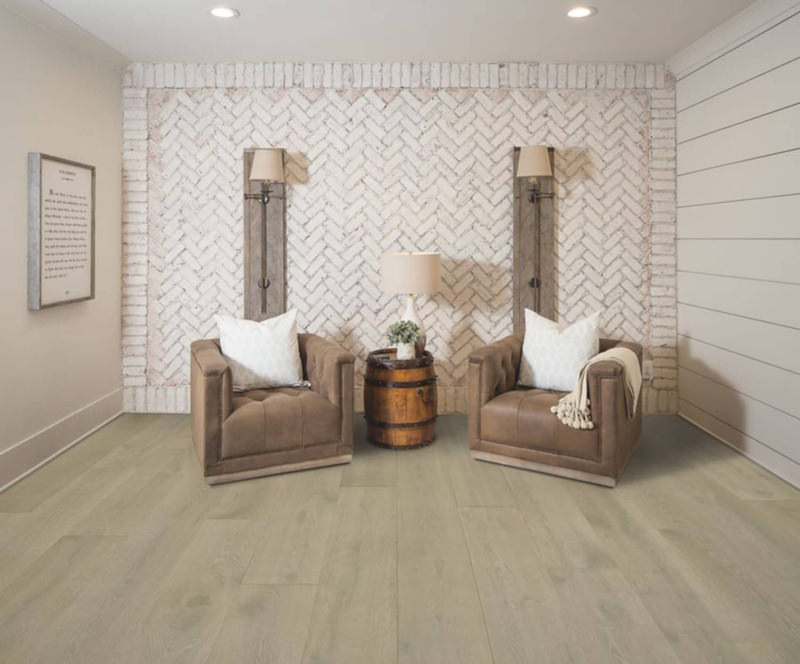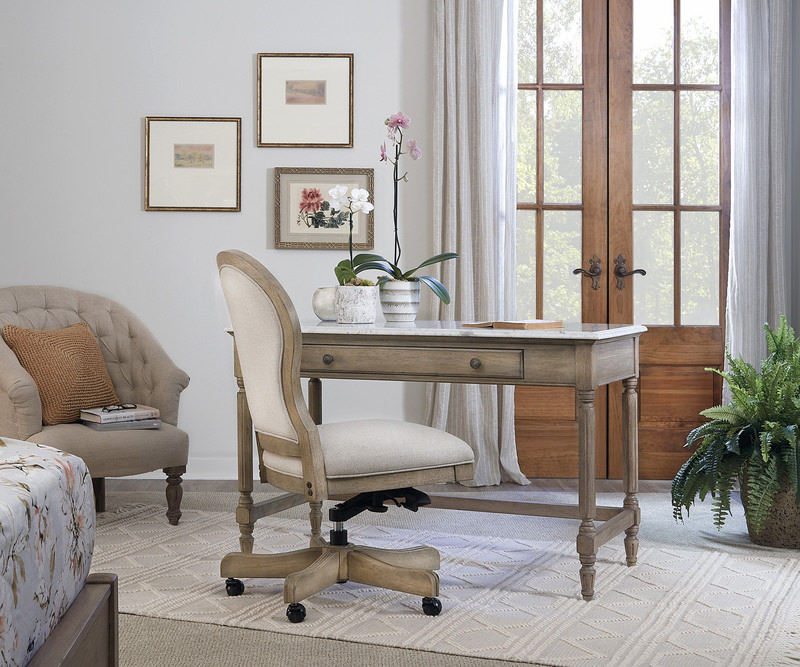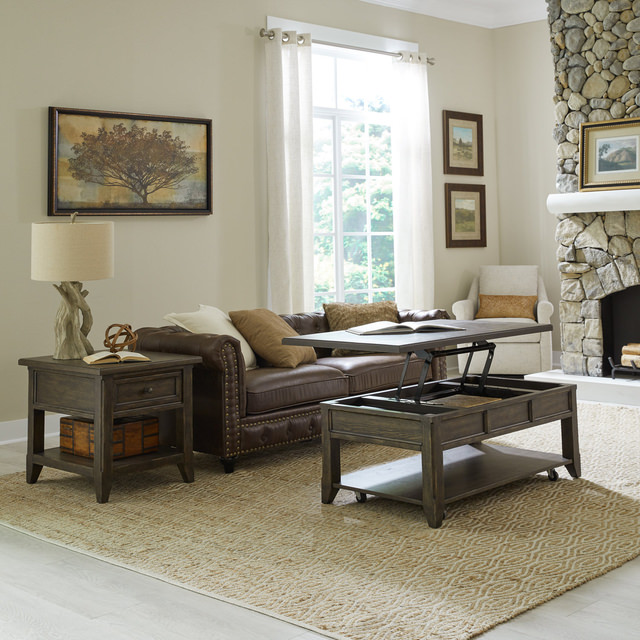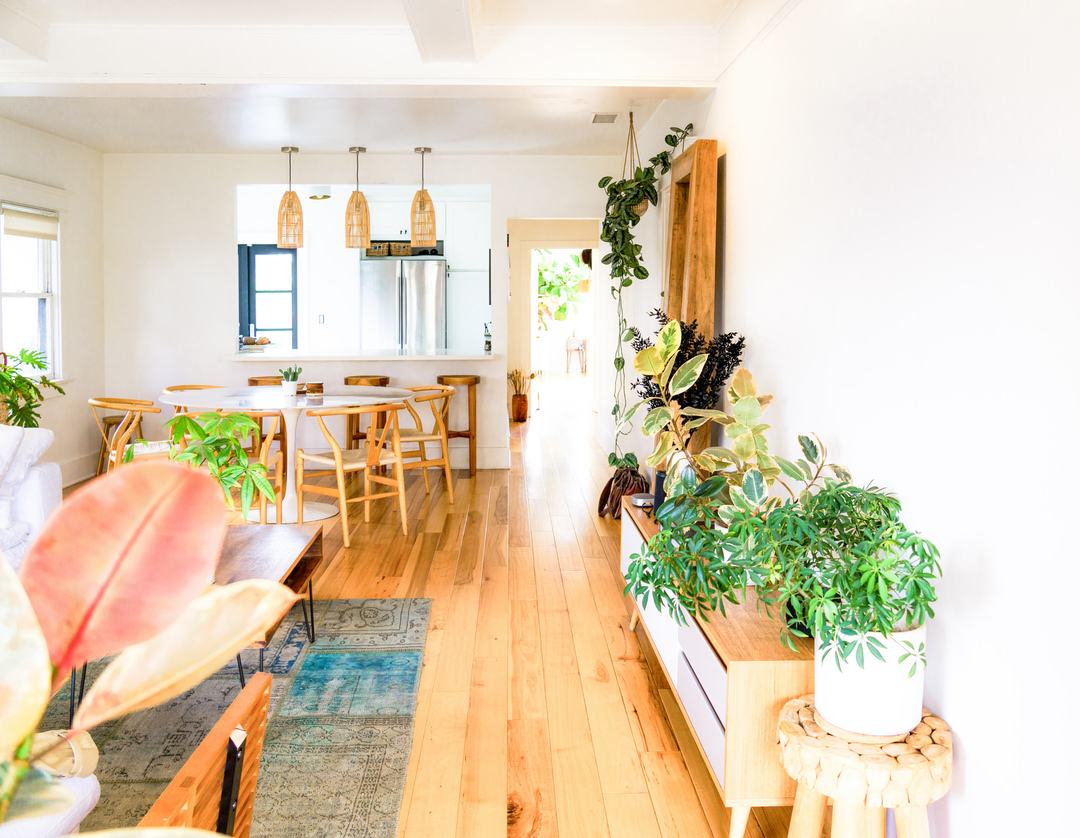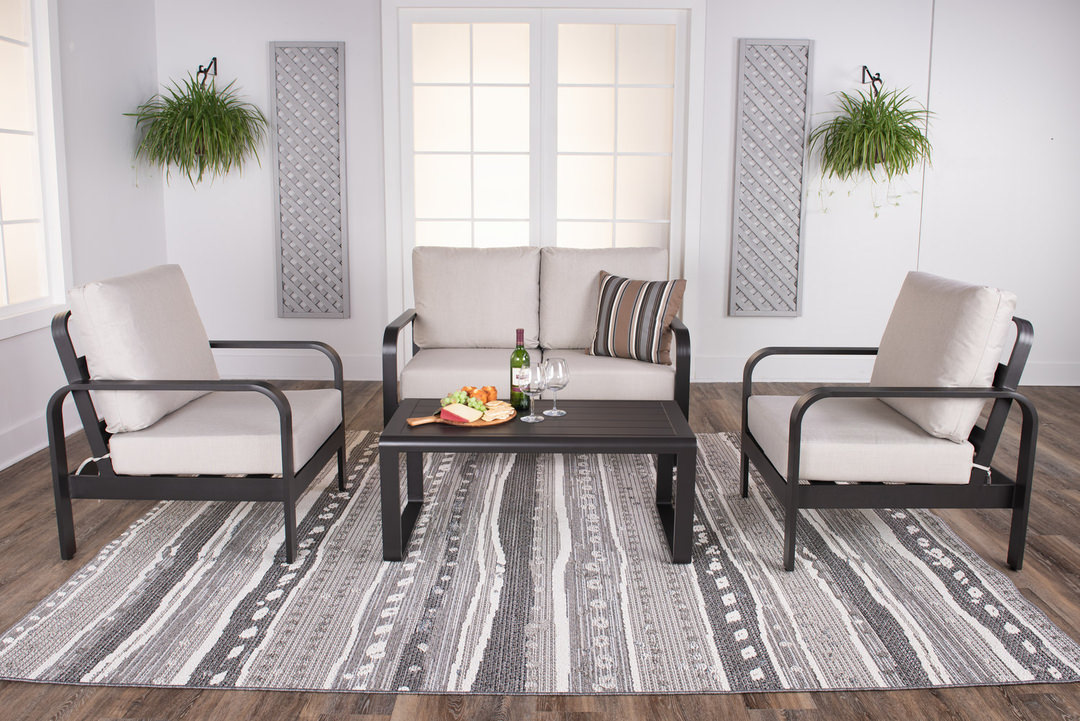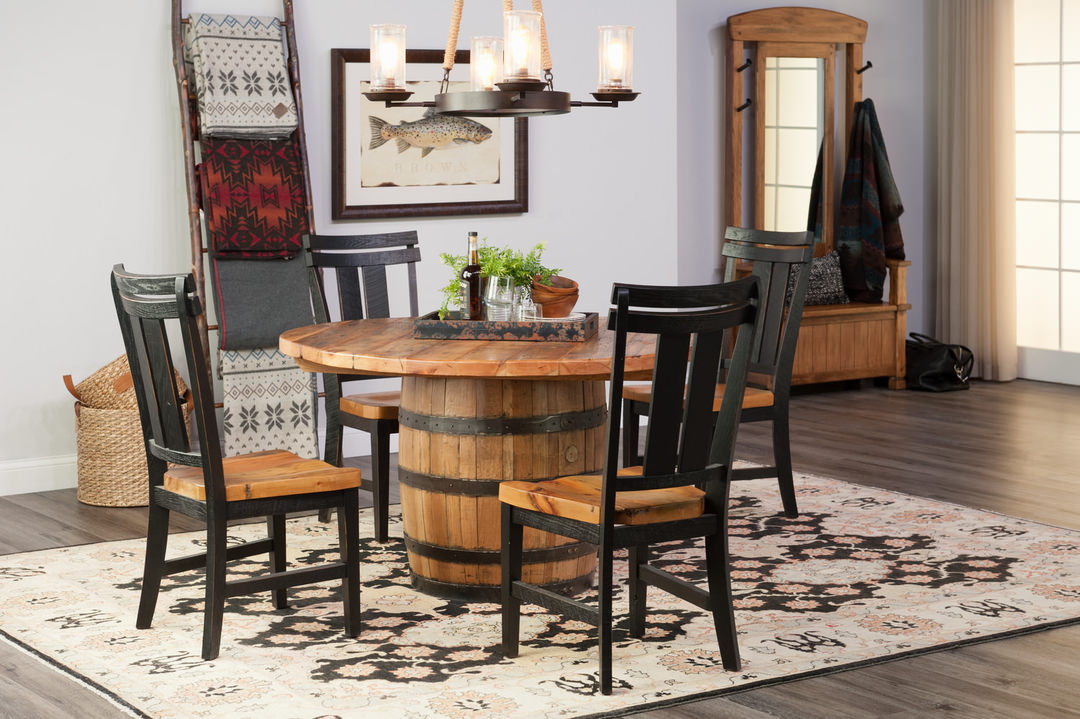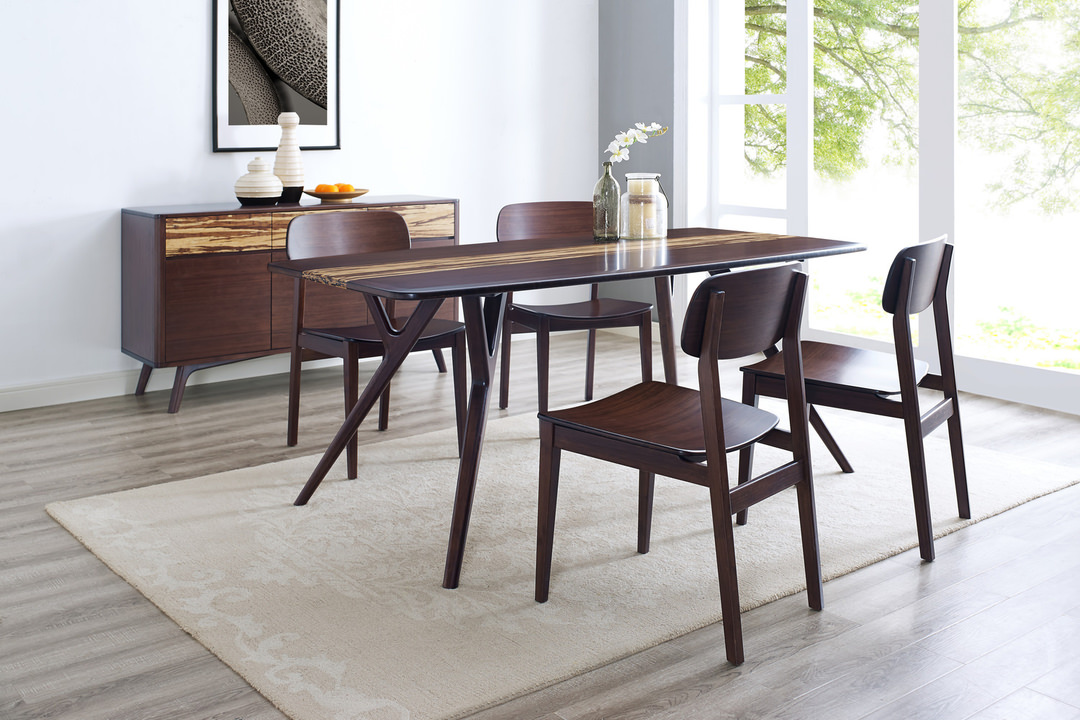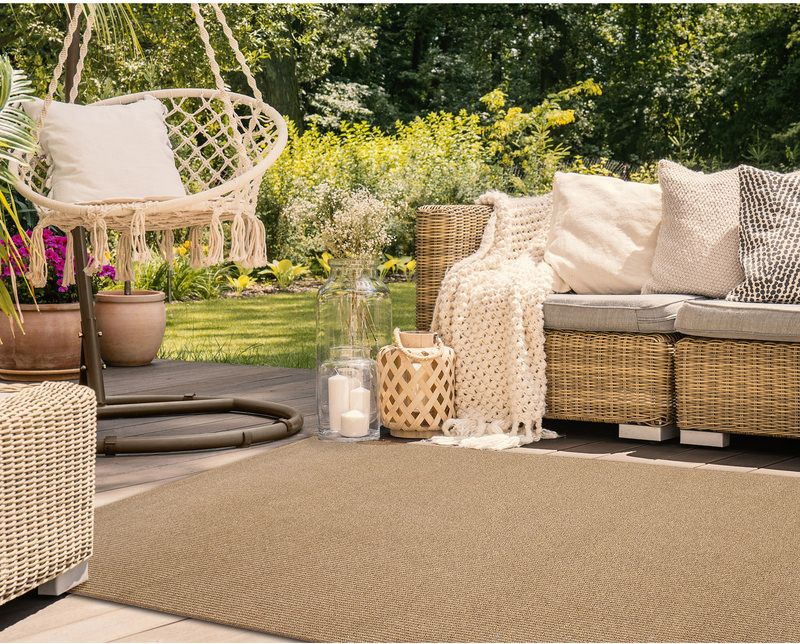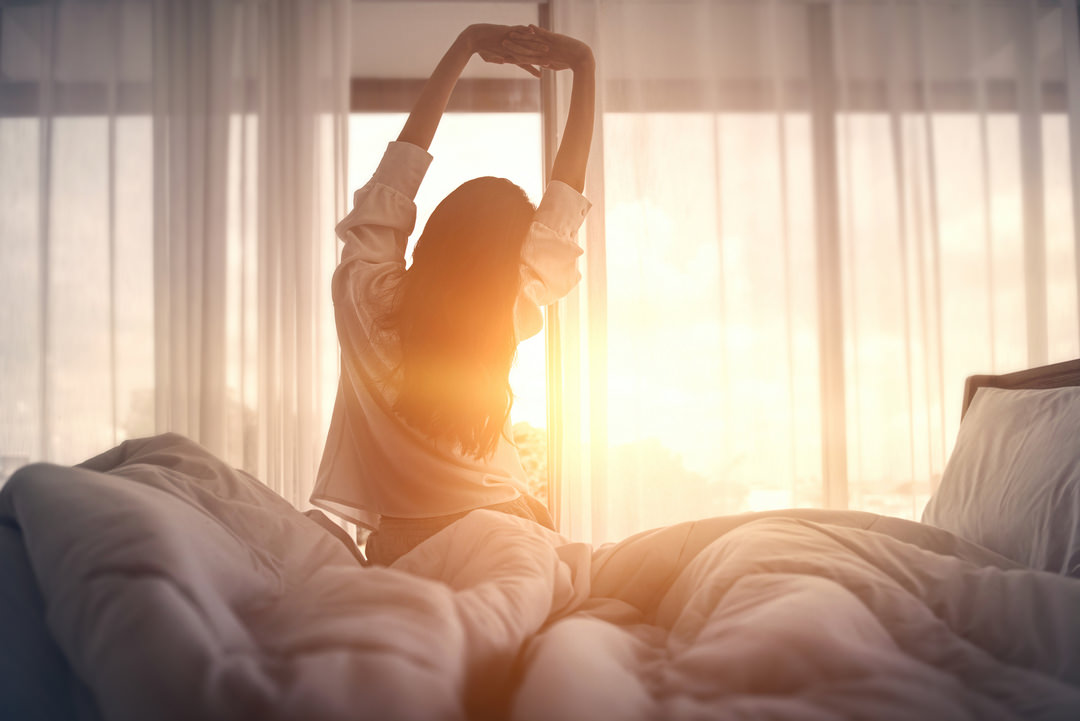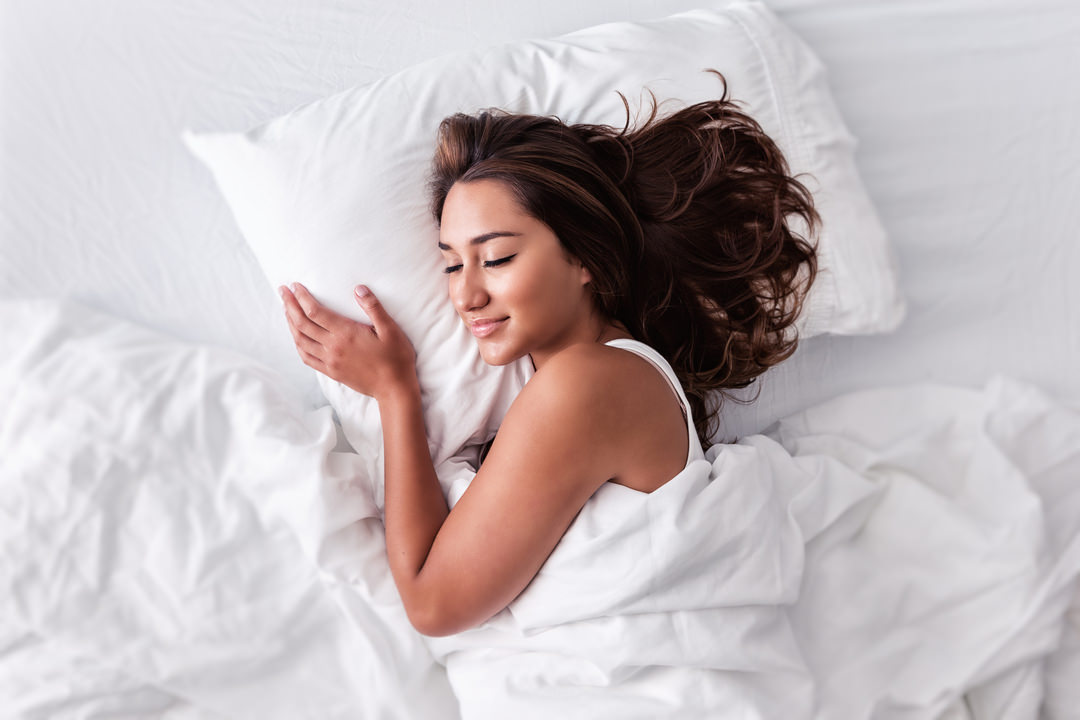Counting Sheep and ZZZs
How much sleep do you need? Read our sleep guidelines for kids and adults.

How much sleep do you need? Are any of us getting enough? We all know how important it is because we’ve so often heard the benefits rattled off. A good night’s sleep enhances your physical and mental health, improves your productivity, maintains emotional balance and protects your brain, heart and immune system. It boosts your creativity, helps manage stress and improves your romantic life. Who doesn’t want those things!
Makes for an easy decision, doesn’t it? Now that we’ve stopped and thought about it, we’re all going to get more sleep, right? Unfortunately, the world is not our friend in this game. Too often the demands of daily life push sleep to the bottom of the priority list. Many of us don’t get enough. Not only that, but we’re not even sure how much this mythical “enough” is.
How much sleep do I need?
Here’s one way to know you’re meeting your sleep requirement: you feel energetic all day long. And if you’re falling short? You might struggle to get out of bed, feel sluggish in the afternoon and fall asleep in front of TV in the evening. Most nights it should take you 10 - 20 minutes to fall asleep. More or less may indicate your sleep patterns aren’t what they should be.
But we can feel energetic or sluggish for a variety of reasons, so it’s nice to have a specific number to rely on. How much sleep do adults need? That old “eight hours” number is pretty accurate. Most grown-ups do fine on seven to nine. There are exceptional folks who get by on six or less, but most of us aren’t them.
But then how much sleep do kids need to stay healthy and alert? How much sleep do you need by age? Consider these numbers from the National Sleep Institute:
Age Normal Requirement For those who need more or less
newborn to 3 months 14 – 17 hours 11 – 19 hours
4 to 11 months 12 – 15 hours 10 – 18 hours
1 to 2 years 11 – 14 hours 9 – 16 hours
3 to 5 years 10 – 13 hours 8 – 14 hours
6 to 13 years 9 – 11 hours 7 – 12 hours
14 to 17 years 8 – 10 hours 7 – 11 hours
18 to 25 years 7 – 9 hours 6 – 11 hours
26 to 65 years 7 – 9 hours 6 – 10 hours
65+ years 7 – 8 hours 5 – 9 hours
Quality of sleep is important too. Disruption by lights and noise can cut into critical stages such as deep sleep and REM. Nicotine, caffeine and alcohol can make our rest fitful and less beneficial.
Improving Your Sleep Experience
Here are some suggestions to help you settle into dreamland and stay there all night.
- Keep your bedroom dark, cool and quiet. Don’t let electronics blink, flash and beep. Shut off laptops and turn tablets and phones face-down. Use shutters or heavy curtains to keep out noise and light.
- Develop a bedtime routine. That could be a warm bath, a relaxation exercise or reading a calming book by a dim light. Avoid working up until the last moment, particularly in front of screens. Say “no” to late-night alcohol, nicotine, caffeine and heavy snacks. Make yourself “sleep ready” by winding down for half an hour without TV, lights and electronics.
- Create a calming environment in your bedroom. One idea: try painting your bedroom blue. According to some sleep specialists it’s the ideal color to calm the brain.
Choose the Right Mattress
You spend a third of your life in bed. That’s a lot more than on any sofa or chair. With an inferior or worn mattress, it’s hard to comfortably drift off and you tend to toss, turn and pop awake trying to find a better position.
- There’s little evidence that either a soft or firm mattress is better. Instead, it’s typically a matter of preference. However, if you have neck or back pain, soft may not provide the support you want, hard can mean more pressure, and medium might be the right choice.
- A memory foam mattress is generally good at reducing pressure points and also dampens vibration if your bedmate is a restless sleeper.
- When you shop, “test drive” your mattress. It’s ideal if you can give it more than a few minutes to see if pressure develops. Another idea: if you travel, evaluate the hotel mattress. Take note whether it’s hard, soft or a particular style or model.
- Always use a mattress protector. Wash it and the sheets regularly to keep your bed free of allergens.
- Don’t forget about the pillow. Choose the right height and firmness for your sleep style. See our Pillow Problems post for tips.
